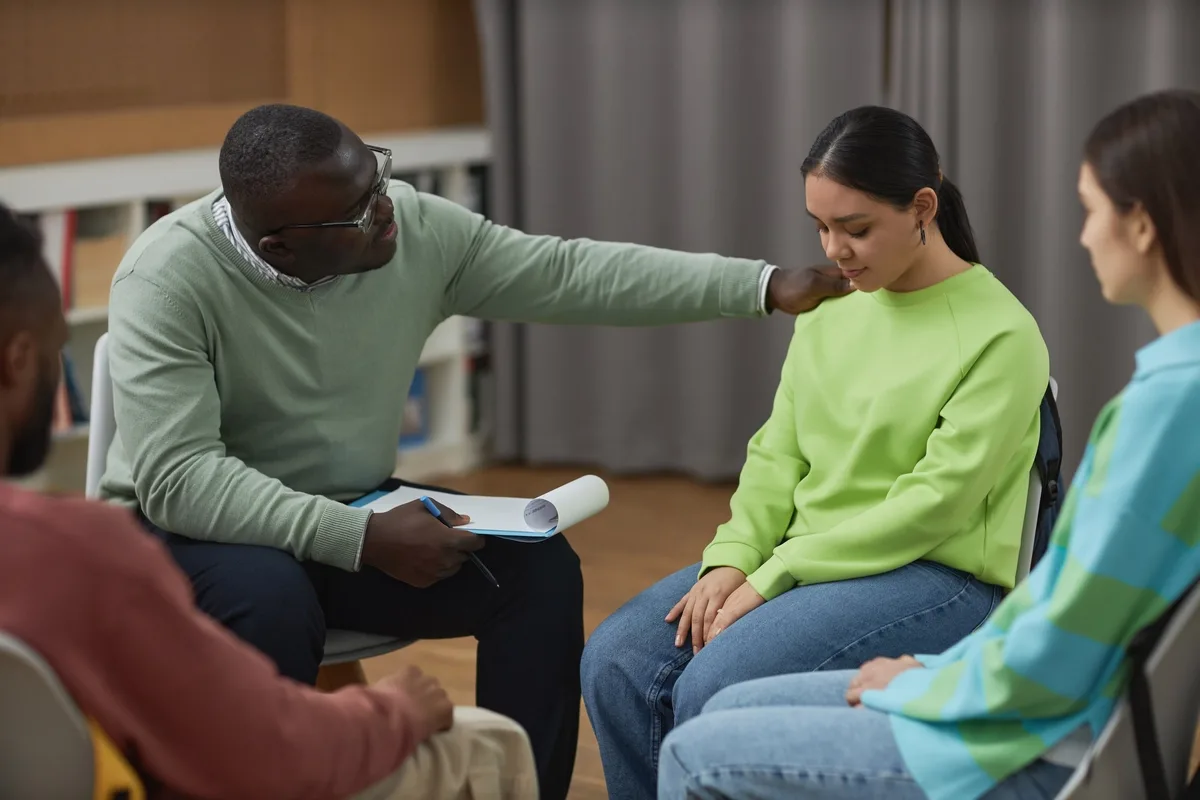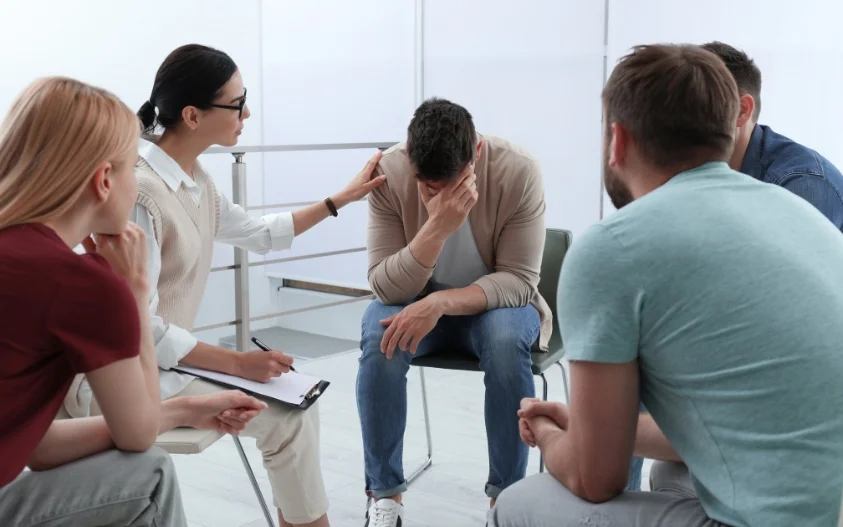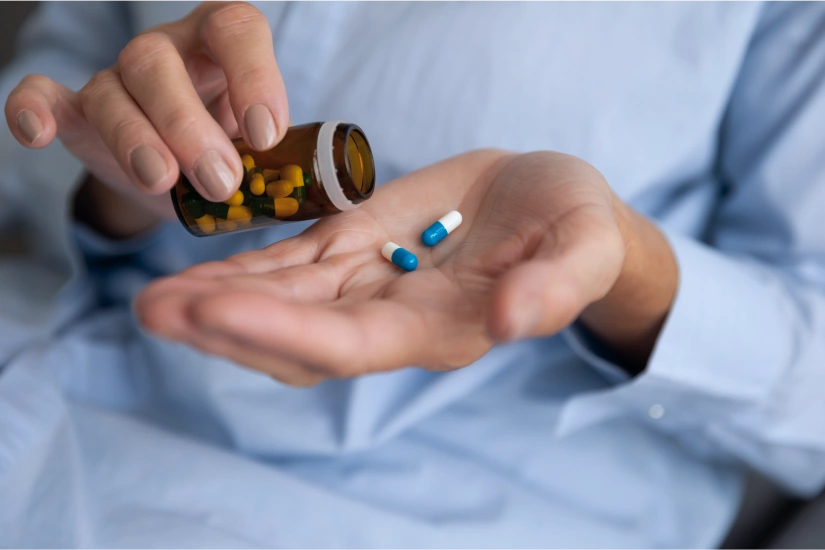24/7 Helpline:
(866) 899-221924/7 Helpline:
(866) 899-2219
Learn more about Substance Abuse Treatment centers in Red Wing
Substance Abuse Treatment in Other Cities

Other Insurance Options

PHCS Network

Meritain

Choice Care Network

Kaiser Permanente

Excellus

WellCare Health Plans

Sutter

Absolute Total Care

GEHA

Providence

BlueCross

Aetna

Multiplan

Optum

Molina Healthcare

BHS | Behavioral Health Systems

Health Partners

Magellan

UnitedHealth Group

Amerigroup


Wenden Recovery Services
Wenden Recovery Services is a private rehab located in Red Wing, Minnesota. Wenden Recovery Services...

Common Ground Treatment
Common Ground Treatment is a private rehab located in Red Wing, Minnesota. Common Ground Treatment s...





































































Southern Highlands CMHC
Southern Highlands CMHC is a private rehab located in Welch, West Virginia. Southern Highlands CMHC ...

Southern Highlands Community Mental Health Center
Southern Highlands Community Mental Health Center offers regular physician's services, OBMAT, DUI cl...

















































